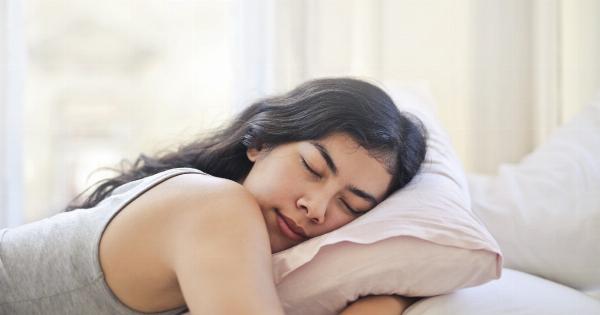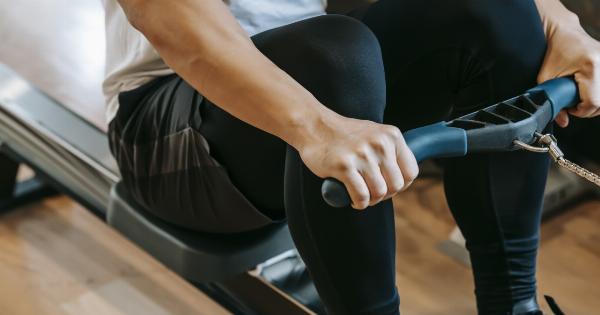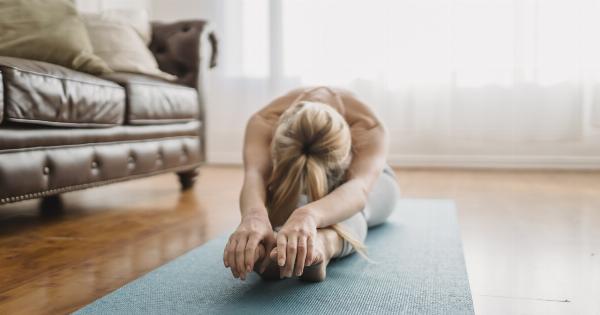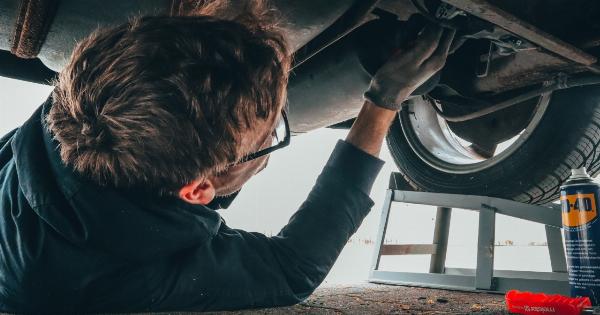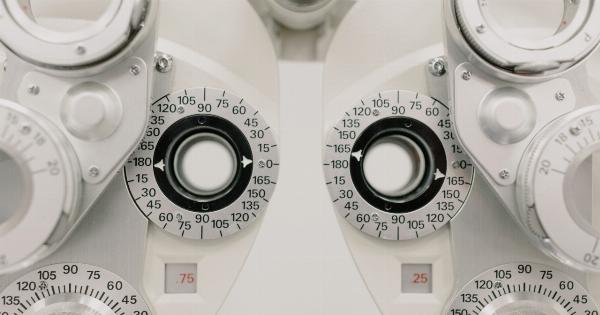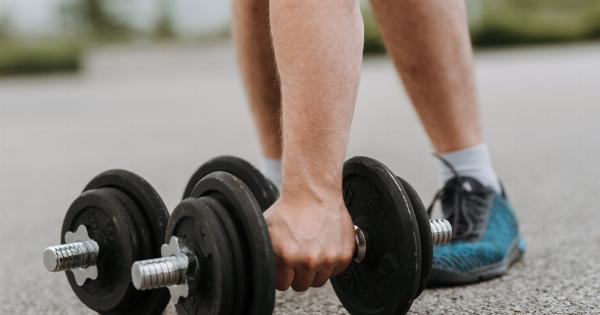Many people have a preferred sleeping position, whether it’s on their back, side, or face-down. While each has its own pros and cons, face-down sleeping, in particular, can be a dangerous combination for your spine.
In this article, we will delve into the potential risks and adverse effects that face-down sleeping can have on your spinal health.
The Natural Curvature of the Spine
Before we explore the impact of face-down sleeping, it is essential to understand the natural curvature of the spine. Our spine consists of four regions – cervical (neck), thoracic (upper back), lumbar (lower back), and the sacral region.
These regions are designed to maintain the spine’s natural curvature, providing stability and support to the body.
The Dangers of Face-Down Sleeping
When you sleep face-down, also known as prone sleeping, the natural alignment of your spine is compromised. Here are some reasons why face-down sleeping can be detrimental to your spinal health:.
1. Increased Strain on the Neck
Sleeping with your face turned to one side for extended periods can strain the muscles, ligaments, and joints in your neck. This strain can lead to stiffness, pain, and reduced mobility.
2. Restricted Breathing Patterns
When you sleep on your stomach, it’s more challenging to maintain an open airway. This can result in a compromised breathing pattern, potentially leading to snoring, restlessness, and even sleep apnea.
3. Misalignment of the Spinal Curvature
Face-down sleeping can disrupt the natural curvature of your spine. It often leads to an overarching of the lumbar region, flattening of the thoracic region, and excessive strain on the cervical region.
This misalignment can cause discomfort, back pain, and postural issues over time.
4. Pressure on the Organs
When you sleep on your stomach, the weight of your body can exert pressure on your organs, potentially affecting their function. This pressure can disrupt digestion, circulation, and breathing, leading to various health problems in the long run.
5. Increased Risk of Sleep-Related Injuries
Face-down sleeping can increase the risk of sleep-related injuries, especially if you tend to toss and turn during the night.
The potential strain on your neck and back muscles can make you more susceptible to muscle sprains, strains, and even more severe injuries.
How to Transition to a Healthier Sleeping Position
If you are a habitual face-down sleeper and wish to transition to a sleep position that is more spine-friendly, here are some tips:.
1. Experiment with Different Pillows
Invest in a good quality pillow that supports your neck’s natural curve. Experiment with different types, sizes, and thicknesses to find one that provides adequate support and aligns your spine properly.
2. Gradually Adjust Sleeping Positions
You can gradually train yourself to adjust your sleeping position by using pillows strategically. Place a pillow under your hips or torso to elevate them slightly while you sleep on your side.
This helps maintain the natural curvature of your spine without the risk of face-down sleeping.
3. Try Sleeping with a Body Pillow
A body pillow can be beneficial in transitioning to a healthier sleep position. Hug the body pillow while sleeping on your side, allowing it to support your upper body and maintain proper spinal alignment.
4. Seek Professional Guidance
If you are experiencing persistent back pain or have difficulty adjusting to a new sleeping position, it’s advisable to consult a healthcare professional.
They can assess your spinal health and provide personalized recommendations to help you transition to a safer sleep position.
Conclusion
While face-down sleeping may be comfortable for some, it can have detrimental effects on your spine’s health.
The increased strain on the neck, restricted breathing patterns, misalignment of spinal curvature, pressure on organs, and the risk of sleep-related injuries are considerable concerns. It’s crucial to prioritize your spinal health by transitioning to a sleep position that supports the natural alignment of your spine.
By following the tips mentioned above, you can gradually adopt a healthier sleep position and reduce the potential risks associated with face-down sleeping.

